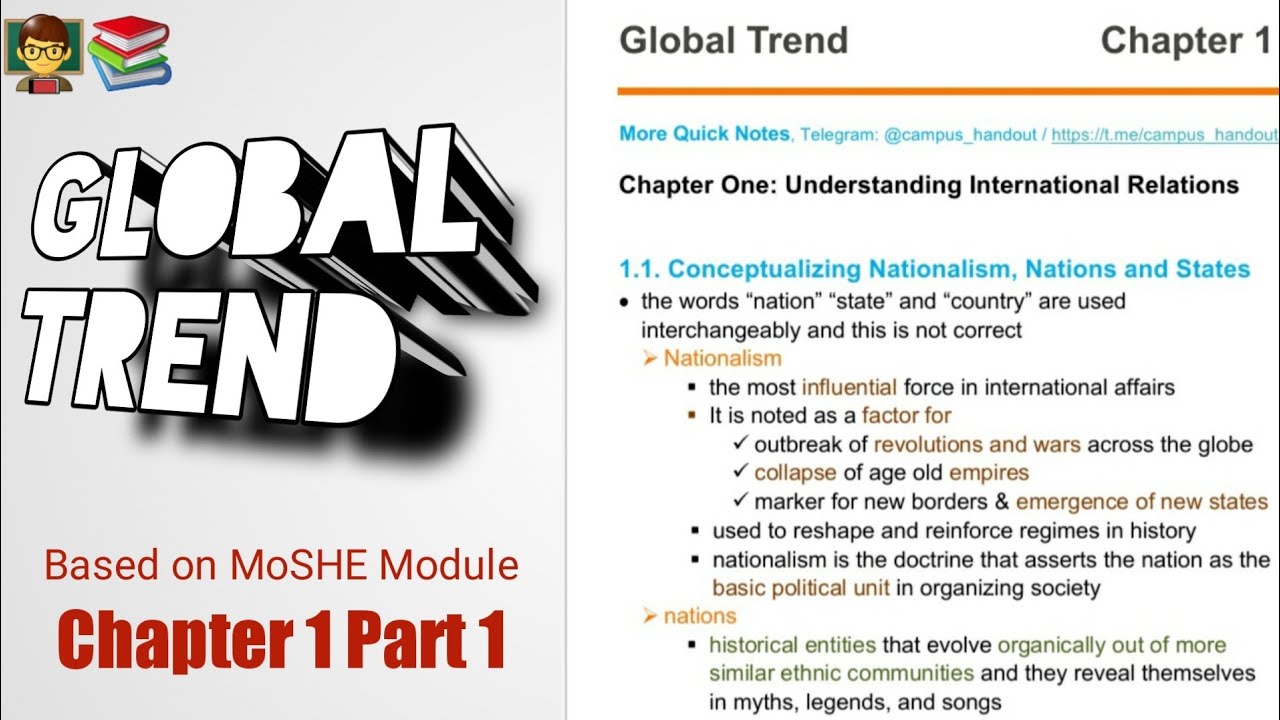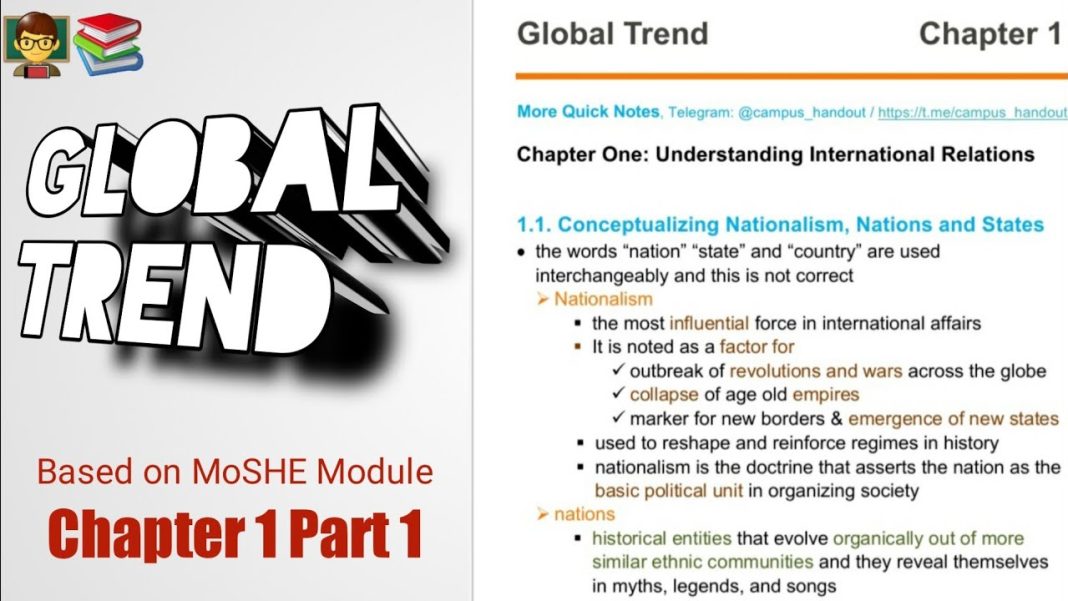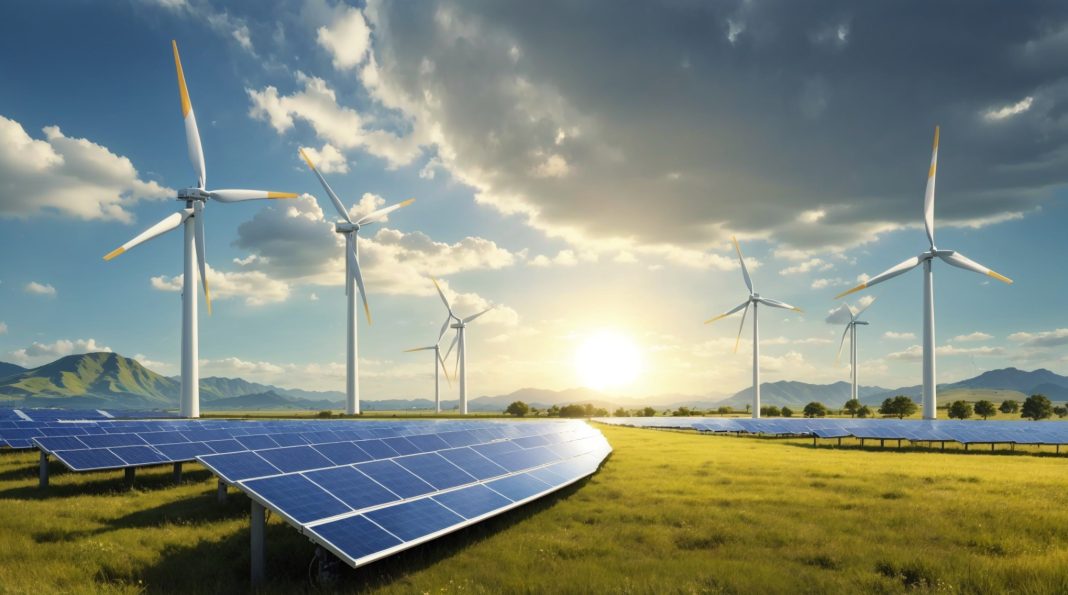 Japanese Business Turns Pessimistic on China’s Economic Future
Japanese Business Turns Pessimistic on China’s Economic Future
Introduction:
Japanese business sentiment towards China’s economic future has taken a sharp downturn, reflecting a global trend of decreasing confidence in China’s reliability as an economic partner. This shift in sentiment poses significant challenges for China’s Communist Party leader Xi Jinping and his associates as they strive to revive the country’s struggling economy amidst mounting hostility from Western nations. The loss of business confidence, coupled with governments’ increasing antagonism, presents a formidable obstacle to China’s economic growth trajectory.
The Changing Landscape of Business Confidence:
A recent poll conducted by Japan’s Chamber of Commerce and Industry reveals a growing pessimism among Japanese businesses regarding China’s economic situation. In stark contrast to last year, where only 39 percent of respondents expressed concerns about China’s weakening economy, over 50 percent now hold a negative outlook. Additionally, almost a quarter of respondents plan to decrease their investment flows into China, while another quarter will refrain from making any investments at all. Only 16 percent intend to increase their investments.
Reasons for the Shift:
The erosion of confidence in China’s economic future can be attributed to various factors. Firstly, the disruptions caused by the COVID-19 pandemic, coupled with subsequent supply chain interruptions and lockdown measures, have convinced many businesses in the West to diversify their sourcing away from China. This not only resulted in a decline in China’s exports but also deprived the country of economic dynamism, hiring opportunities, and vital investment inflows.
Government Hostility:
Adding to the challenges faced by China, Western governments have become increasingly hostile. President Joe Biden, despite reversing many policies of his predecessor, has kept in place tariffs on Chinese imports imposed by Donald Trump. Furthermore, the Biden administration recently raised tariffs on Chinese-made electric vehicles, parts, batteries, solar panels, wind generators, medical equipment, steel, aluminum, and computer chips. The European Union has also threatened tariffs in response to alleged dumping of electric vehicles on its markets.
Japan’s Approach:
Unlike the overtly hostile stance of the United States and Europe, Japan has taken a more subdued approach in dealing with China. While refraining from imposing tariffs or other anti-trade measures, Japan has expressed its distrust of China through other means. This distrust stems from Beijing’s past actions of cutting off shipments of rare earth elements to Japan due to territorial disputes. In response, Japan has been actively seeking to develop rare earth deposits outside of China, rallying support from other G7 nations.
China’s Broader Challenges:
Beyond the skepticism of Japanese business and Western governments, China faces significant economic and financial hurdles. A property crisis of immense proportions looms over the country, with the recent trillion-yuan scheme for government purchases of vacant housing falling short of addressing the magnitude of the issue. Chinese consumers have lost confidence in the future, leading to reduced spending, while private businesses in China have significantly cut back on investment and hiring.
Implications for China’s Economic Prospects:
The lack of favorable sentiment from Japan towards Chinese trade and investment exacerbates the uphill battle that Beijing must face in reclaiming economic prosperity. The sudden turn in Japanese business sentiment aligns with the broader global trend of diminishing confidence in China’s reliability as an economic partner. As China grapples with internal challenges, such as the property crisis and consumer pessimism, it must also navigate a shifting international landscape that poses significant obstacles to its economic growth trajectory.
In conclusion, the recent poll reflects a growing pessimism among Japanese businesses regarding China’s economic future. This shift in sentiment aligns with the global trend of diminishing confidence in China’s reliability as an economic partner. The erosion of business confidence, coupled with Western governments’ increasing hostility, presents formidable challenges for China’s economic recovery. Furthermore, China’s own internal struggles, such as the property crisis and consumer pessimism, further complicate its path to prosperity.


